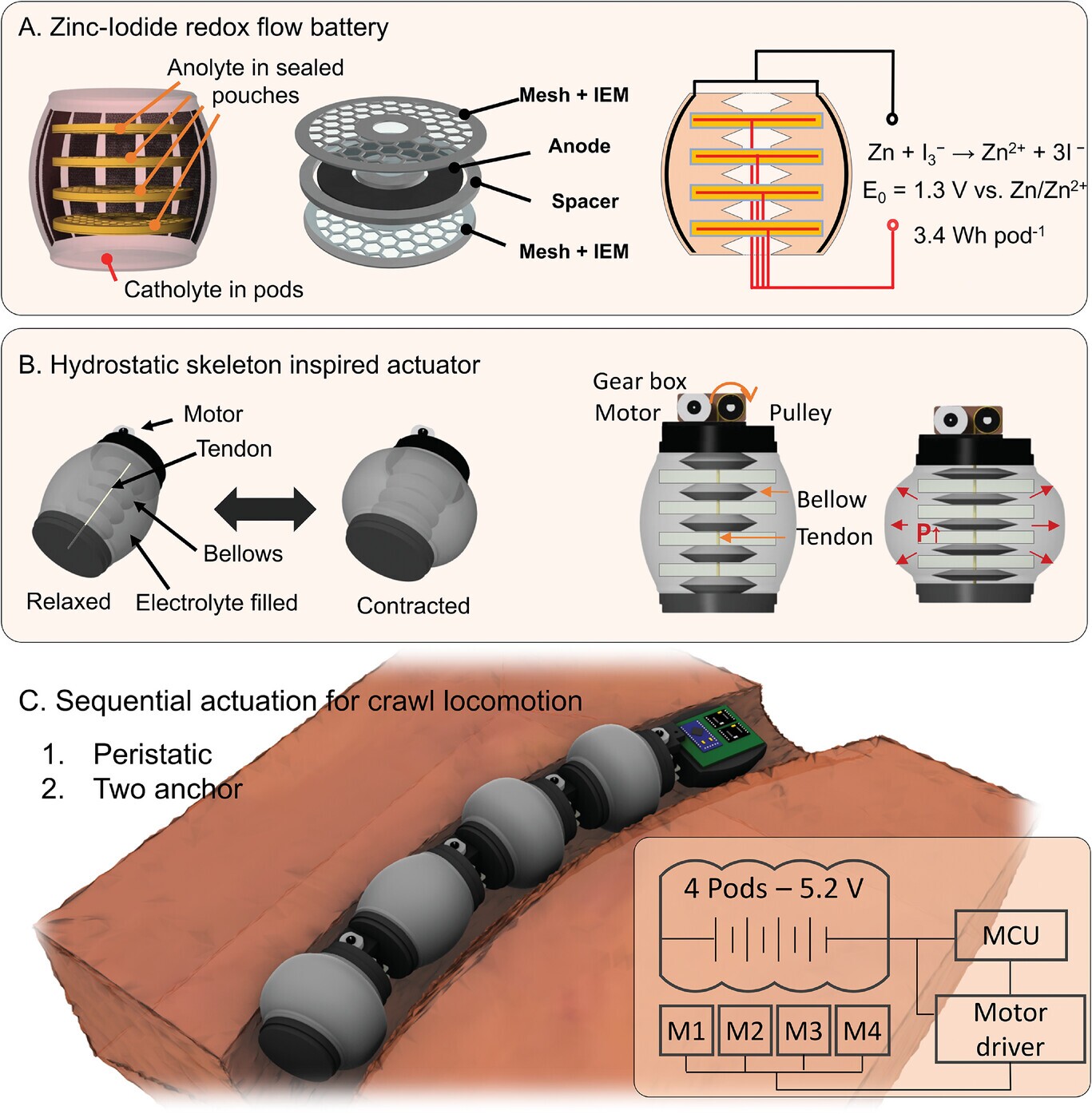Get the latest tech news
These Robots Are Recovering Dumped Explosives From the Baltic Sea
In the face of seabeds becoming valuable real estate and corroding bombs polluting the oceans, teams are turning to technology to clean up this dangerous and expensive problem.
In a charming corner of the Bay of Lübeck, within sight of northern Germany’s windswept beaches, specialized clearance teams have been trawling the seafloor for the kind of catch that fishermen in these parts usually avoid—discarded naval mines, torpedoes, stacks of artillery shells, and heavy aerial bombs, all of which have been rusting away for nearly 80 years. A recent boom in underwater construction for offshore wind farms, gas pipelines, and internet and energy cables has spurred plenty of such work for canny innovators, as munitions litter so much of the waters off the German coast. When I visited the SeaTerra barge on a chilly but clear day last October, I spoke with veteran munitions-disposal expert Michael Scheffler, who’d already spent a month aboard the platform in nearby Haffkrug, on the German coast, carefully cracking open heavy wooden crates caked in mud and slime and packed with 20-mm cannon rounds churned out by Nazi Germany.
Or read this on Wired
